In my old playground, there were no rules. I wanted my playground to be everyone else’s favorite place, and so I welcomed them in, believing that happiness meant everyone could do whatever they wanted. When they left, however, I was left to deal with the mess, and I found that cleaning up most of the time left little room for play. And so, as everyone came and went as they pleased and as I kept letting them in, my playground eventually fell apart.
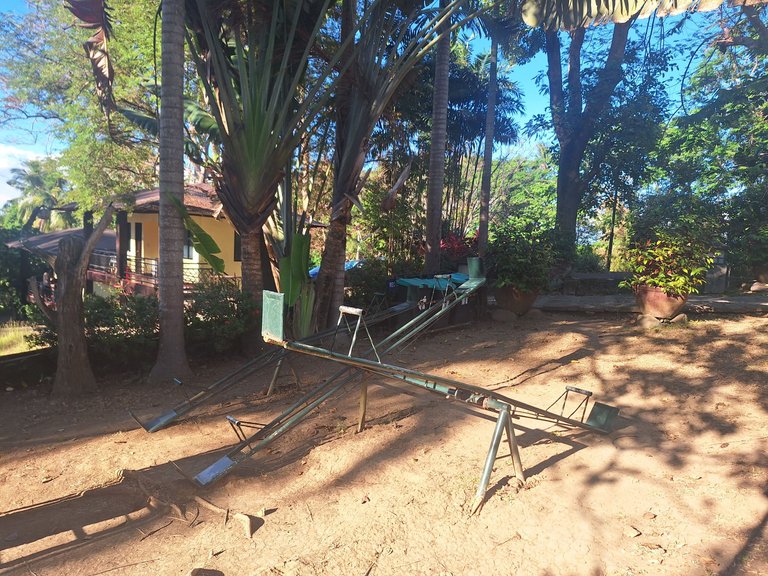
The Epiphany
A few months after moving into our new apartment, I encountered the song “Epiphany” sung by Jin of BTS. The song talked about a person who lost themselves because they gave up so much to love someone else. One of the lyrics said, “Adapted to you with everything, I wanted to live my life for you / But as I keep doing that I just can't bear the storm inside my heart.” Eventually, this person turned inwardly and gave themselves the love they’ve been giving to the world. The chorus went like, “I'm the one I should love in this world / Shining me, precious soul of mine / I finally realized so I love me / Not so perfect but so beautiful / I'm the one I should love.”
Among all the BTS songs I’ve listened to over the years, “Epiphany” is the song closest to my heart. Aside from being the song that pulled me into the fandom, this song resonates with me the most. I saw myself as a person who also gave so much of herself to other people that she eventually had nothing left for herself.
The older version of me… she existed so that she can be needed by someone else. And that was exactly how I valued myself, through the eyes of other people and how much they need me. Actually, the most hurtful thing you could tell me back then was “I don’t need you anymore”. If you didn’t need me, I was essentially useless, and if I was useless, I believed that there would be no reason for me to be loved. That was why I was so attentive, why I was the friend that could pull off the grandest birthday surprise, and why I was the person you call in the middle of the night when you are breaking down. Of course, it was partly because I really did love intensely, but it was also because I was always insecure of being left behind if I wasn’t perfectly accommodating.
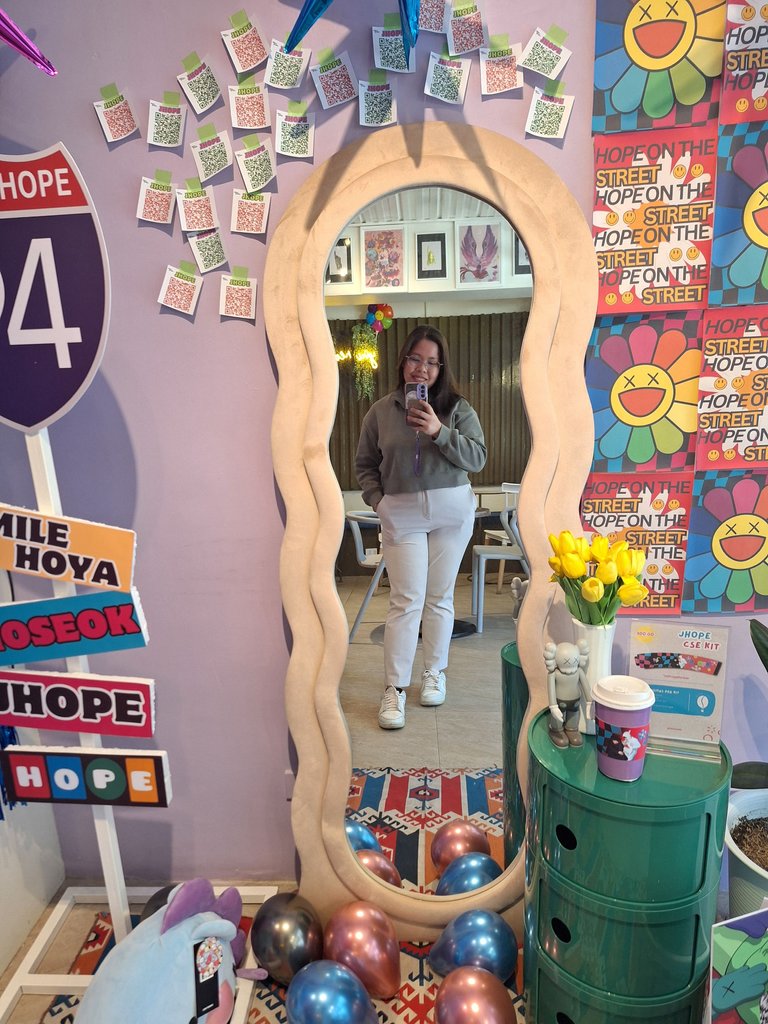
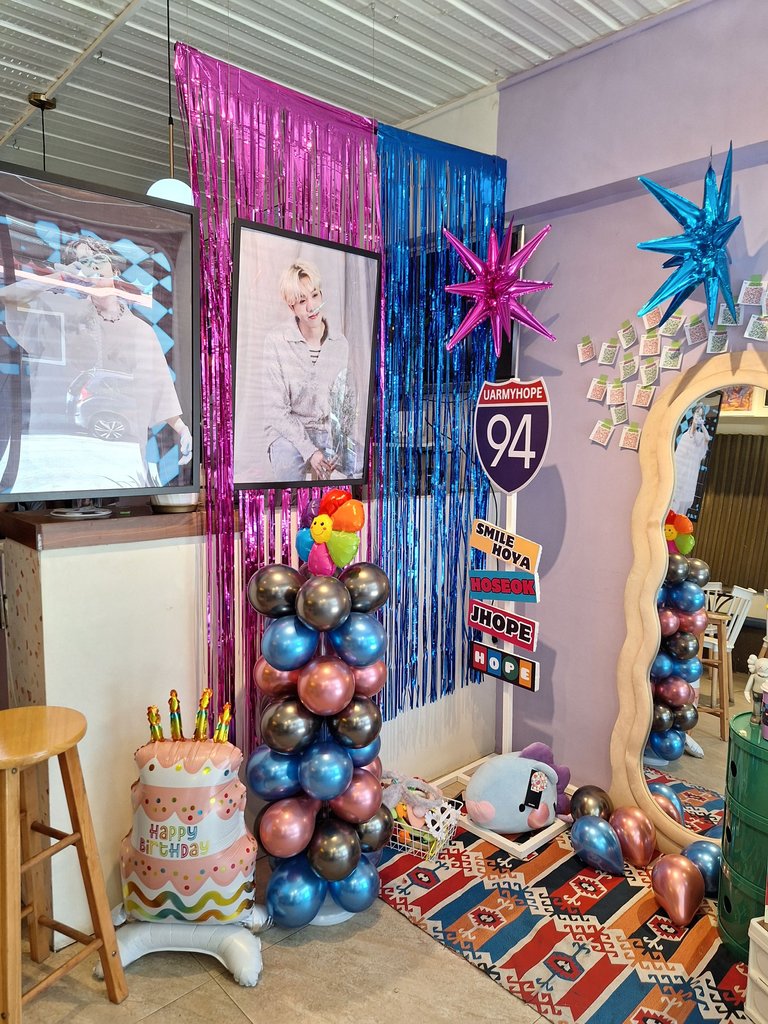
Boundaries start with respecting yourself
Being disillusioned about this side of me took a lot of changing and reframing my old beliefs. For one, I welcomed the idea that I am a precious person too. I got to know my needs, I rediscovered my interests and the things that made me happy and I listened to my body more. Although I’m saying it now as this pretty packaged version of healing, the journey really isn’t that easy and it took a lot of loving myself to get me to believe that there were things I didn’t need to give away and things I didn’t need to compromise for. And it was finally when I acknowledged that I matter too, that I learned to respect myself.
One of the ways I respect myself is by establishing boundaries.
The University of Illinois (2022) defines boundaries as “an invisible line that defines what behaviors are acceptable for an individual”. They elaborate further, saying “Boundaries can be physical (e.g., do not touch me) or emotional (do not lie to me). Boundaries can also be based on time or space (e.g., when I do X, Y or Z, please respect my time and understand I will not be able to speak/ hang out with you until X, Y, or Z is completed.)”
Social worker Karen Salerno, MSSA, LISW-S, emphasizes this point, saying
“Boundaries are the framework we set for ourselves on how we want to be treated by others and how we treat other people. It’s setting up how you want to be treated, it promotes physical and emotional wellbeing, and it respects your needs and the other person’s needs in a relationship.”
What do boundaries look like?
This article is entitled “The Lines We Do Not Cross” and that’s the metaphorical analogy I have for boundaries. I picture them as the lines we draw to define and respect our spaces and our needs. As already preluded by the tidbit I mentioned earlier, there are different types of boundaries. Sheldon Reid of HelpGuide.Org mentions 5 of them, namely, physical, emotional, sexual, financial, and time boundaries, each standing for an area of your life that you’d want to set your terms for. These boundaries, of course, can vary person to person.
Jo Nash, PhD (2015) shared some examples of what healthy boundaries look like:
- Declining anything you don’t want to do
- Talking about your experiences honestly
- Making your expectations clear rather than assuming people will figure them out
In my case, setting boundaries looks like being honest and transparent about my social energy. For example, when my friends ask me if I have space to talk to them or if I would like to go out, I answer them honestly. As a person, I don’t always have the highest energy/ tension and I’ve accepted that I really need my alone and lazy time occasionally. If I’m really not up to talking or hanging out, I admit that to my friends instead of forcing myself to socialize and a) not be fully present with them or b) look forward to coming home the whole time. Not only does that sour the experience, but it also builds up resentment inside me for doing something I didn’t want to do.
This honest and transparent kind of communication is something my sister and I try to practice. Throughout the day, we often check on each other, and every time, we trust that when one says they are okay, they are really okay. We trust that if we do need something, we will communicate. And this kind of communication helps a lot when setting boundaries. We don’t have to second guess each other or suspect if the other one is feeling bad. Because of that, I try to apply this to my other relationships as well.
Another boundary I’ve set is when it comes to my mental bubble. I do a lot of creative and mental work so I often need to focus on my projects, not minding the time and the people I’m with. However, I am naturally sensitive to those around me. I sense their energies if they need something or if they want to say something. Because of that, I can easily be popped out of my bubble. To remedy this, I openly communicate with my sister that I’d need to be undisturbed for a certain amount of time. That would mean that we would both mind our own businesses for a while. If we’re both okay with the arrangement, I would be able to focus on my work without feeling bad that I’m “ignoring her” or “not attending to her needs”.
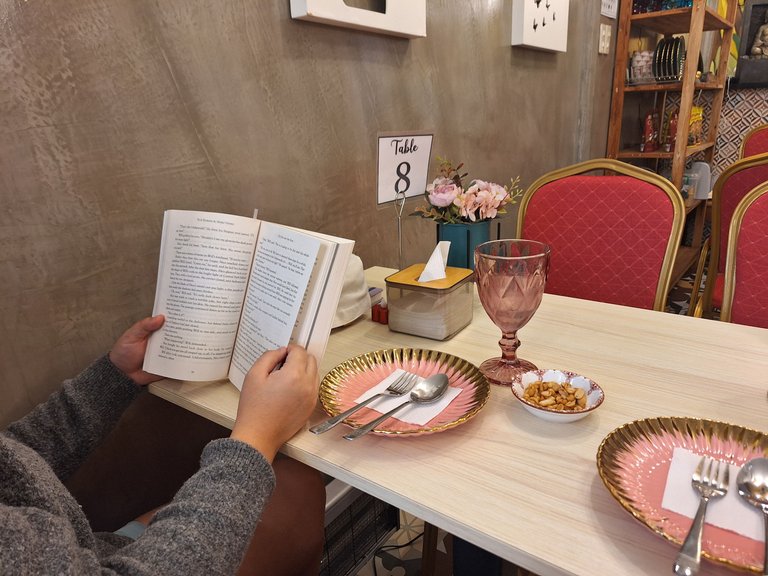
Boundaries affect our individuality and our relationships
Although boundaries sound like they are relatively new to the conversation, they’ve been unspokenly important to keep relationships and communication lines healthy. They also greatly affect our own well-being.
Michelle C. Brooten-Brooks, LMFT (2023) shared a research study on how boundaries enforced at home affect us as individuals.
It said that “in families with healthy, flexible boundaries, each person is able to develop into a distinct person with their own unique interests and skills. Having healthy boundaries gives them a sense of well-being, self-control, and self-esteem throughout their life.” We can infer here that due to healthy boundary setting within the family, a person develops a healthy sense of self as well.
The University of Illinois echoes this, saying,
“Setting boundaries is a form of self-care. It helps to create a clear guideline/rule/limits of how you would like to be treated. They let others know what is and what is not okay/acceptable. It honors our needs and wants so that we feel respected and safe.” (University of Illinois, Chicago, 2022)
Another study presented by Sheldon Reid emphasizes that boundaries are not just for our personal and familial relationships but also for the workplace.
The study says, “when boundaries are blurred between personal life and work, people experience more emotional exhaustion and less happiness.” This is why, the study explains, “setting boundaries, particularly when it comes to job duties, can lead to a greater sense of empowerment.”
Hello internet friends! What a tough topic to talk about huh? Still, I'm glad for this research and healing rabbit hole. This post was actually also the topic of Season 2 Ep 4 of my podcast. You can also listen to it here (“When Pigs Fly”).
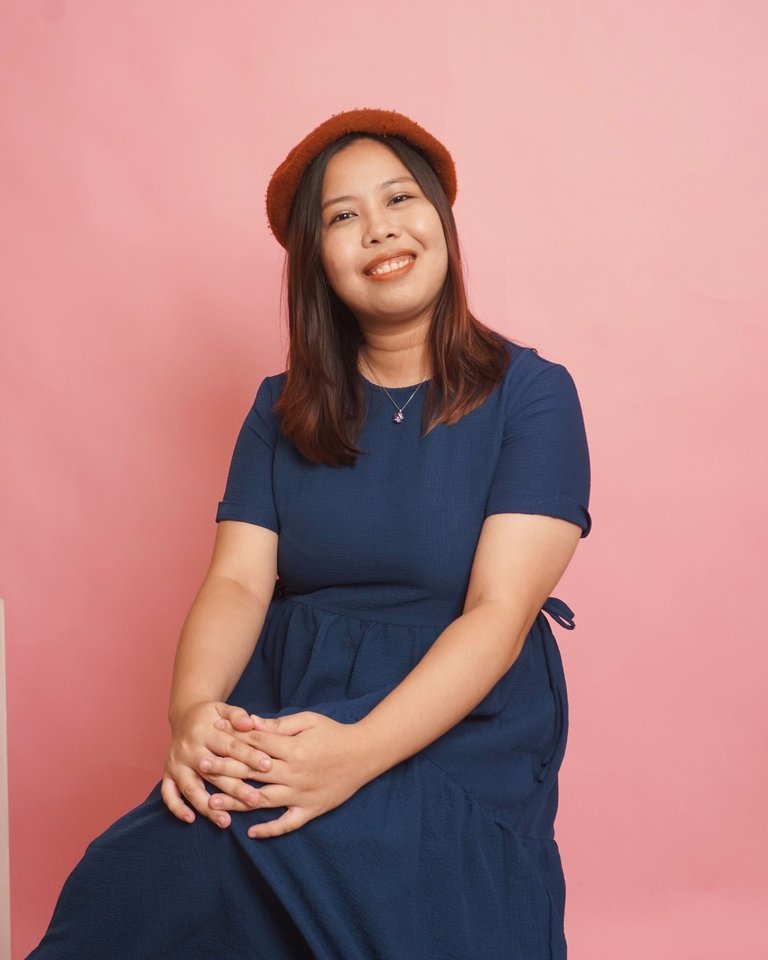
Pauline is a digital marketer and occasional speaker for Creative Writing. Outside work, she pursues passion projects such as writing essays, poems, and short stories, composing songs and filming videos.
As a storyteller on multiple platforms, Pauline has also attempted to create multimedia content through her YouTube channel (pollenpiggy) and a podcast she hosts (“When Pigs Fly”). You can find her at @pollenpiggycreates or at [email protected].